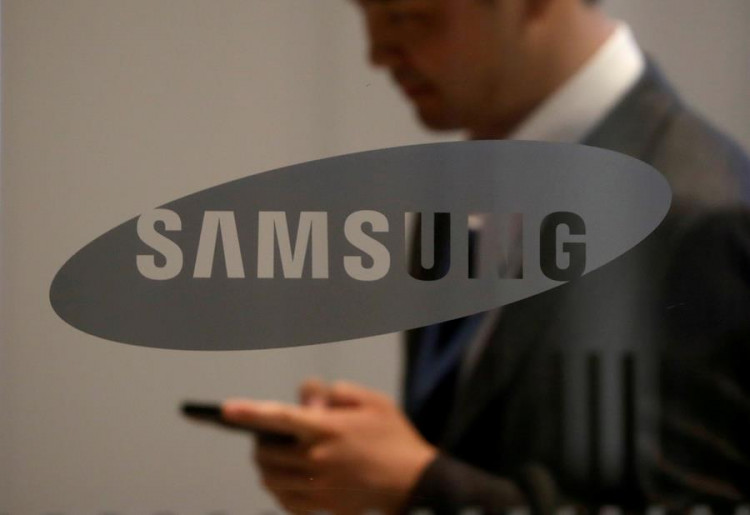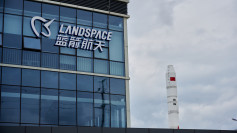Amid the explosive growth of generative AI, investors are betting not only on TSMC, a prominent chip manufacturer, but also on Samsung. However, Samsung might find it challenging to keep pace with TSMC in this new race.
According to Lyon Securities, foreign investors have purchased over $8 billion in Samsung stocks this year, marking the largest foreign investor buying since 2000. With the record inflow, Samsung's stock price has surged nearly 30% this year. Meanwhile, Nvidia, the biggest winner in the current AI boom, has seen its stock price skyrocket by 200%.
However, contrary to its robust stock performance, Samsung's operating profit in the first quarter of this year plummeted by 95%, amounting to approximately $479 million. The company explained that part of the reason for the profit decline was the $7.4 billion spent on chip operations. Samsung is expanding production at its chip factories located in Pyeongtaek, 40 kilometers south of Seoul, and in Texas, U.S.
In the first quarter of this year, Samsung Electronics' capital expenditure was about 10.7 trillion Korean won (about $8.24 billion), setting a record for the first quarter of any year.
Samsung plans to establish a "megacluster" for chip manufacturing in South Korea over the next 20 years through a $230 billion plan in cooperation with the government.
Sanjeev Rana, a senior analyst at Lyon Securities, pointed out that Samsung is the only major memory chip manufacturer that announced an increase in production when memory chip prices continue to fall, and most chip vendors are cutting investment.
However, as Samsung announces its grand plans, the gap between this Korean chipmaker and its main competitor, TSMC, is widening.
The fact is, TSMC's global share is steadily growing while Samsung's existing customers are continually diminishing.
In May this year, Kyung Kye-hyun, president of Samsung's semiconductor division, admitted in a conversation with university students that the company is "lagging" behind TSMC by up to two years. Immediately following, he vowed that Samsung's memory chips will become the "core" of AI supercomputers by 2028, and the company could surpass TSMC within five years.
However, according to market research firm Counterpoint Research, TSMC accounts for about 60% of the total revenue of the global foundry business, while Samsung only accounts for 13%. This gap has been widening since 2021, and some of Samsung's customers, including Nvidia, have shifted their business to TSMC.
Moreover, SK Hynix, another competitor of Samsung's memory chips, won Nvidia's favor last year. It now occupies about 50% of the high bandwidth memory (HBM) market share, with Samsung holding 40%.
SK Hynix's stock price has increased by more than 50% this year, exceeding Samsung's rise.
Although Samsung claims it has started providing HBM to "key customers" competitive enough to rival SK Hynix and plans to launch the next generation this year, analysts still believe Samsung hasn't completely caught up in this technology field.
Nam Hyung Kim, an analyst at Arete Research, wrote in a report in February this year:
Samsung's lag in HBM technology might be a sign of a broader issue. Micron's technology in DRAM and NAND flash memory has also surpassed Samsung.
The problem with Samsung is that they always want to go big. They've spent so much money, but they are no longer technology leaders.




